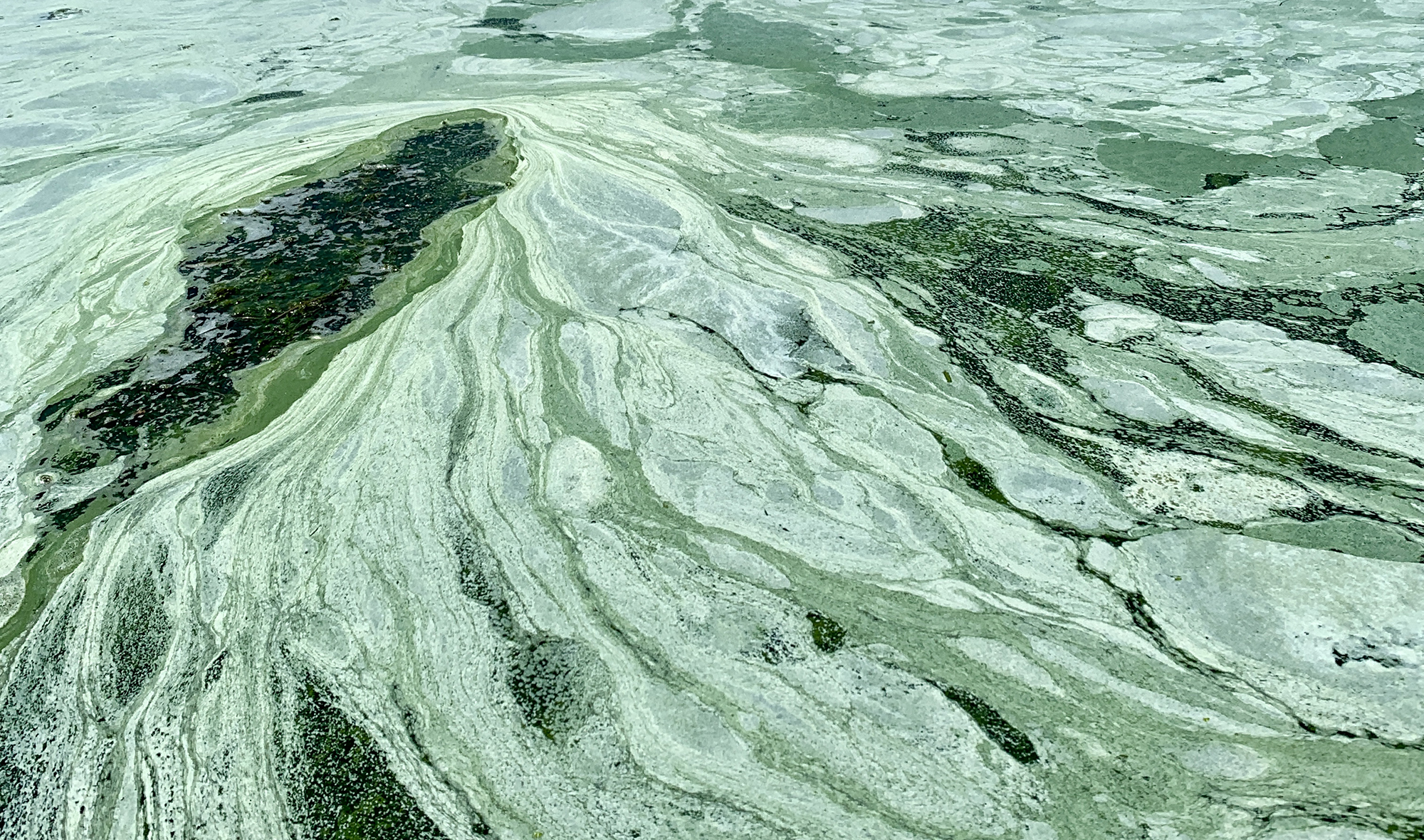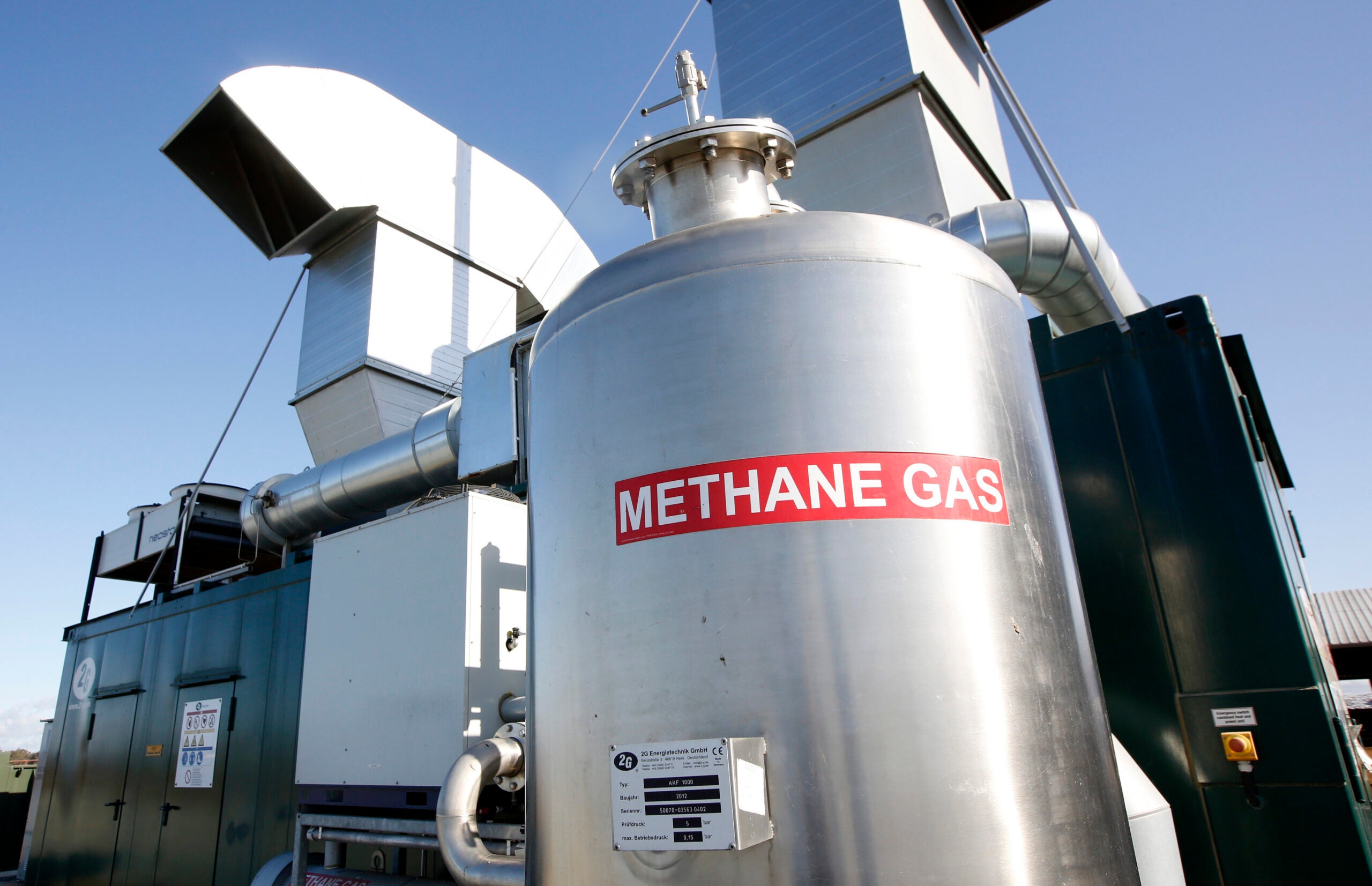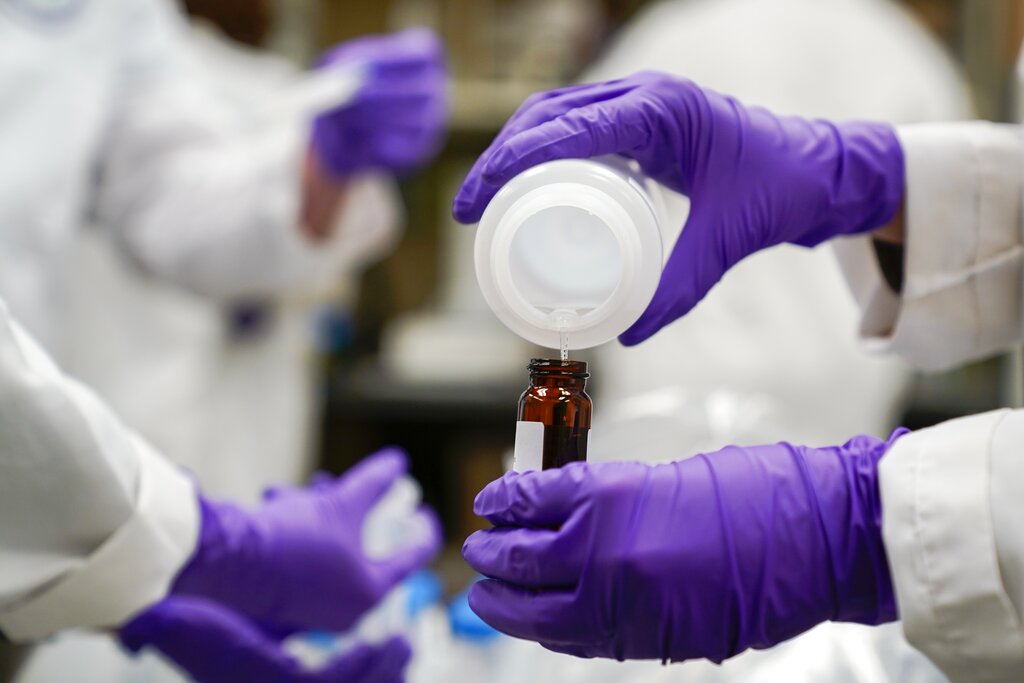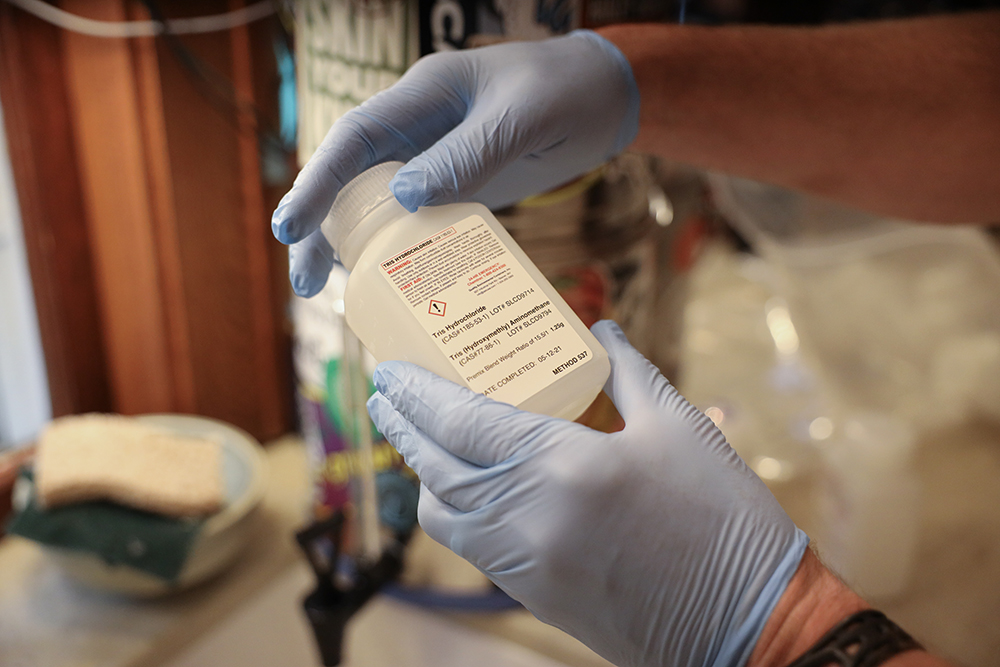Industrial and wastewater facilities will soon have an easier way to work with farms to reduce pollution under the state’s water quality trading program.
Under the Clean Water Act, factories and wastewater treatment plants, known as point sources, must obtain wastewater permits that limit the release of certain pollutants into waterways. States also have to address nonpoint source pollution, which means it doesn’t come from a single source. Agriculture is generally viewed as the largest contributor of nonpoint source pollution.
Water quality trading allows industrial and municipal treatment plants facing costly pollution controls to compensate farms for cheaper ways to decrease pollution. It provides flexibility for those facilities to offset pollution from other sources within a watershed. Those trades are intended to provide the same or greater benefits to water quality.
Stay informed on the latest news
Sign up for WPR’s email newsletter.
Now, a third party will make it easier to do that. State Sen. Rob Cowles, R-Green Bay, said state agencies have contracted with a company to operate a clearinghouse that will facilitate those trades. The clearinghouse will serve as a one-stop shop for decreasing phosphorus in waterways that can fuel algal blooms and potentially harm public health and property values.
“Over a long period of time, we should have significant reductions in phosphorus, which should lead to cleaner rivers and cleaner lakes,” Cowles said.
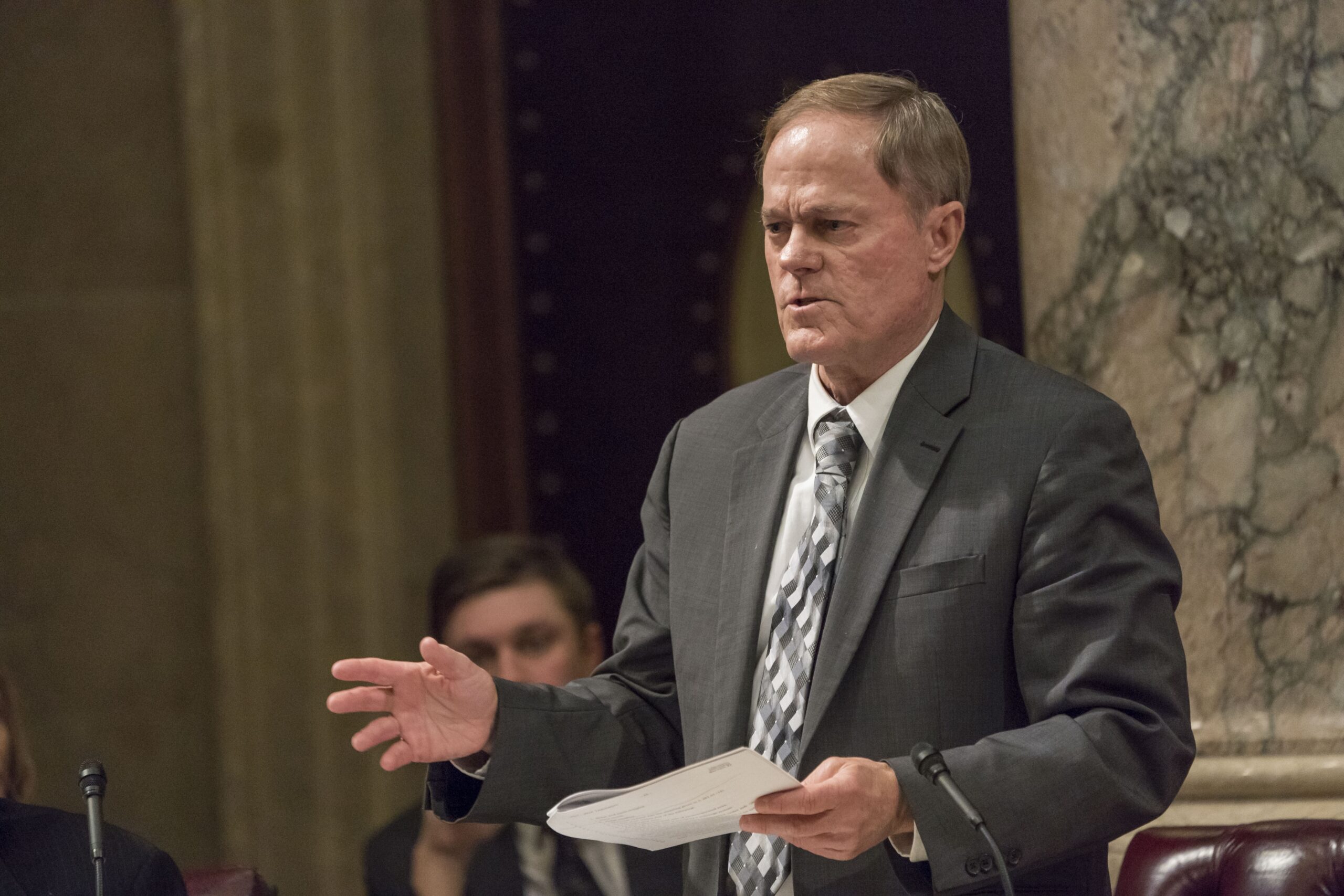
In Wisconsin, the number of impaired waters doubled to nearly 1,500 from 2008 to 2020. The Wisconsin Department of Natural Resources has said that’s due in part to a 2010 rule that limited phosphorus runoff, expanding the number of waters considered to have too much phosphorus.
Cowles said Wisconsin is the first in the nation to have a statewide clearinghouse for water quality trading. In 2019, lawmakers approved the option for easing trades under the state’s program through a bipartisan bill led by Cowles and state Rep. Joel Kitchens, R-Sturgeon Bay. Under the clearinghouse, permitted facilities have to reduce more pollution elsewhere in the watershed to obtain a credit.
The state Department of Administration and DNR signed a five-year contract this week with Texas-based Resource Environmental Solutions, or RES. The company will operate the clearinghouse for buying and selling water quality credits. In this case, the credits represent pounds of phosphorus that will be reduced within the watershed. The company will obtain a fee for the amount of phosphorus that’s removed from the landscape.
Erin Delawalla, client solutions manager for RES, said buyers of those credits would most likely be industrial or municipal treatment plants. She said they would purchase them from landowners or farmers who benefit by receiving financial aid to incorporate practices that reduce phosphorus runoff on their land.
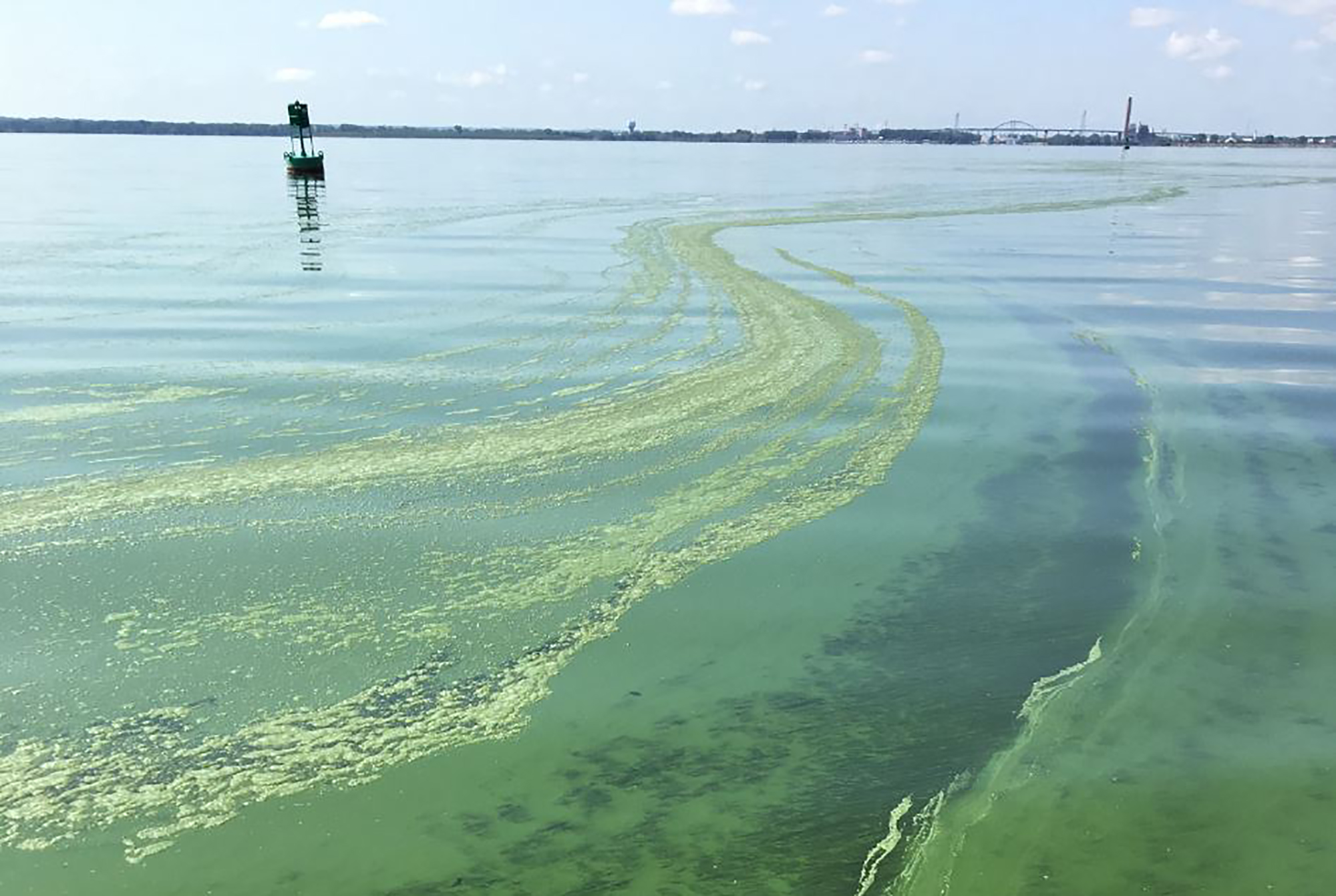
“We’ve been hearing that people have an interest in more trading,” Delawalla said. “Landowners want to introduce these practices on their land, but they don’t necessarily know how to find the buyer who is located in the right position geographically to take advantage of those credits.”
Under the change to state law, trades of water quality credits can now be made over the largest geographic area allowed as determined by the DNR. That’s a change that the Environmental Protection Agency supports to provide more flexibility in trading programs.
Scott Laeser, water program director for Clean Wisconsin, said the clearinghouse is another tool for addressing phosphorus pollution in Wisconsin.
“It’s not a silver bullet,” Laeser said. “It’s not going to solve the problem, but it is another way that we can work with both farmers and point sources to reduce phosphorus pollution.”
Vernon County Conservationist Ben Wojahn works with multiple farmer-led groups that seek to reduce pollution in surrounding watersheds through conservation practices to control runoff. He said farmers are growing cover crops, creating buffer strips or using managed grazing to reduce soil erosion and improve water quality. However, he noted that can sometimes mean taking land out of production, reducing income for farms.
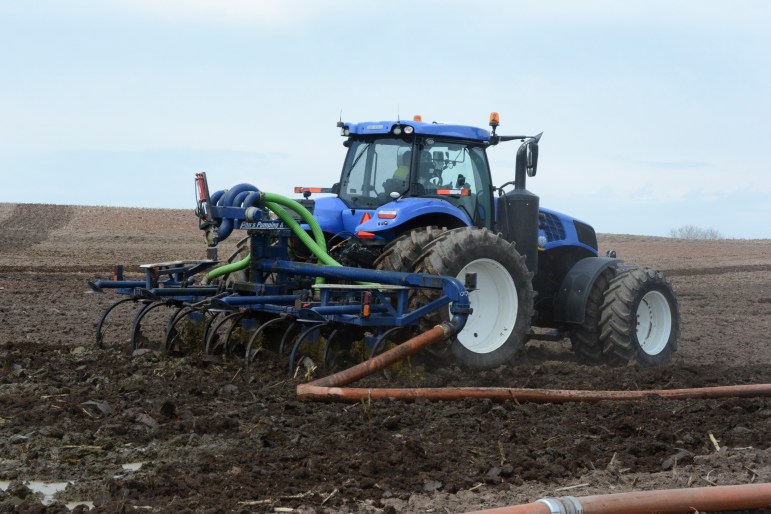
“With the clearinghouse and with water quality trading, that’s potentially opening up another stream of funding for these on-farm practices that we know are tried and true to improve water quality and reduce phosphorus and sediment loss from the fields,” Wojahn said.
Wade Strickland, the DNR’s permit section chief, said nonpoint sources like farms contribute more pollution than treatment plants that discharge to waterways. He said they’ve worked with researchers to determine it’s more economical for farmers and landowners to incorporate practices on their lands.
“They’re spending less money on fertilizer. They are not losing as much soil from big storm events because you have these buffers that stop the soil from washing off into the streams,” Strickland said. “And it’s maintaining higher quality water.”
The DNR sets the standards for compliance under the clearinghouse and approves how much pollution may be reduced by practices on the landscape.
Delawalla with RES said the company is now able to begin facilitating trades between industrial or municipal plants and farmers. She said it plans to launch an online portal next week that will allow users to create an account for buying and selling credits.
Wisconsin Public Radio, © Copyright 2025, Board of Regents of the University of Wisconsin System and Wisconsin Educational Communications Board.
